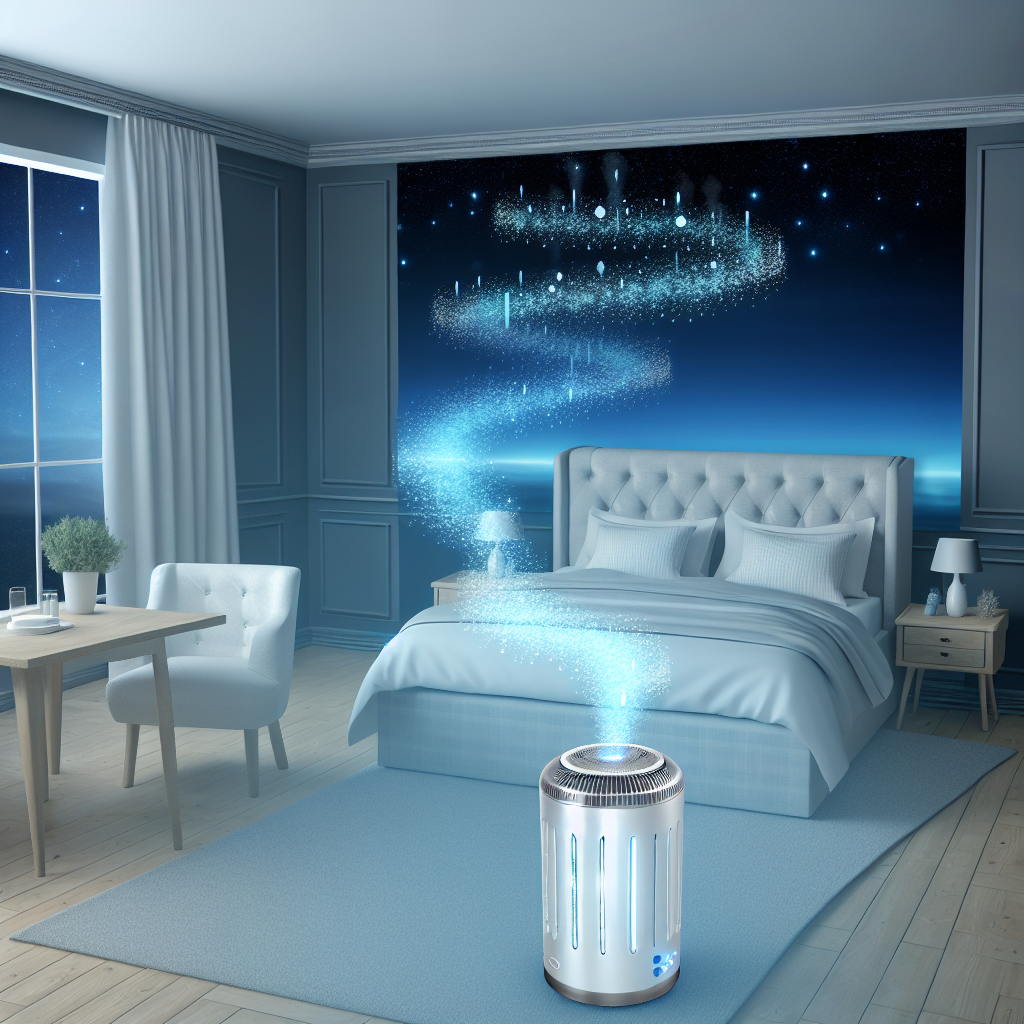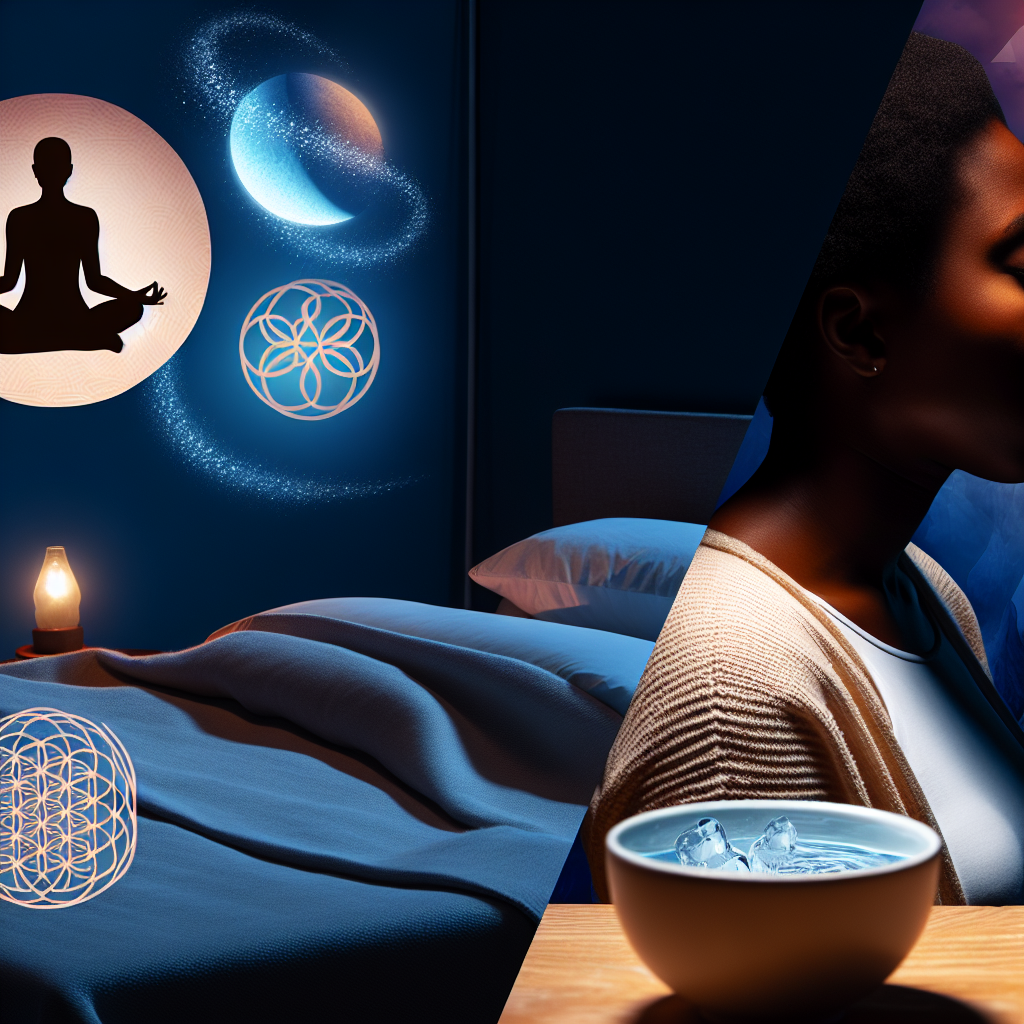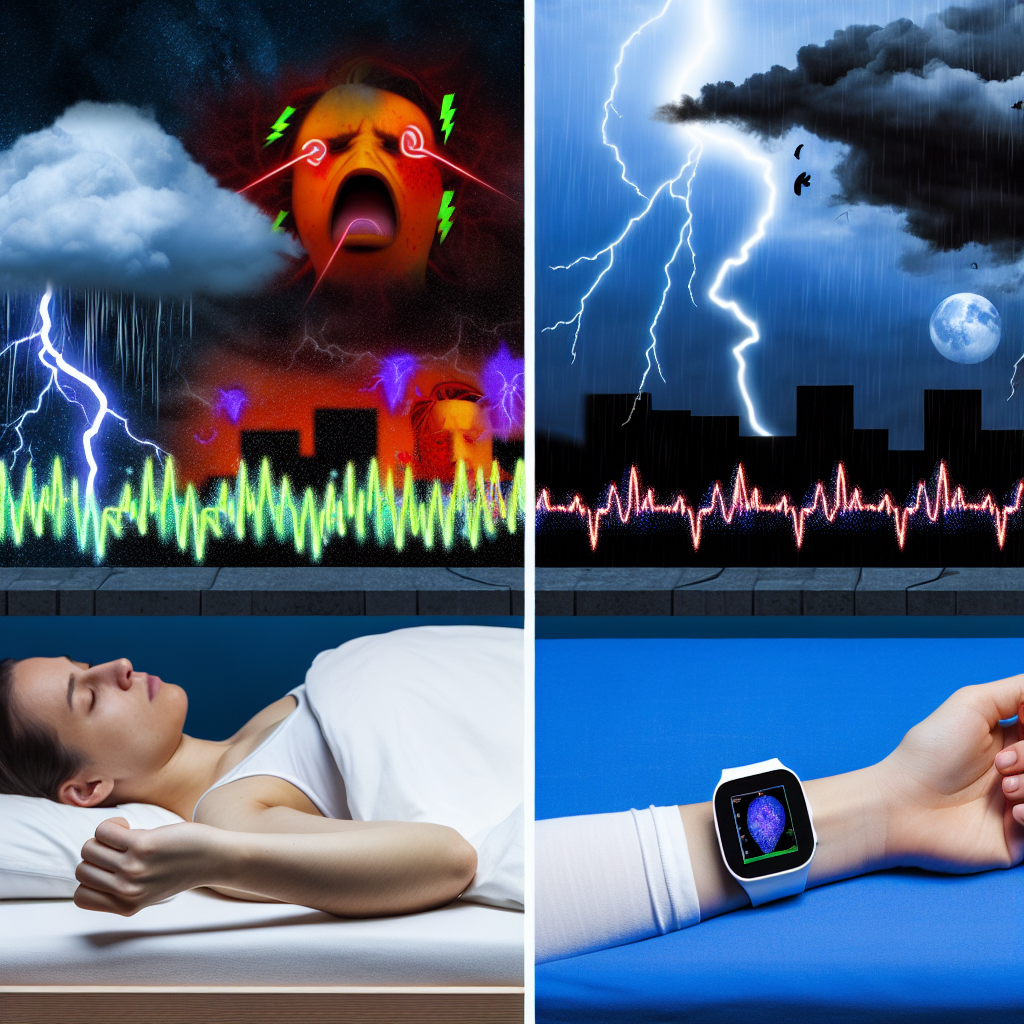Negative Ion Generation Systems: Atmospheric Optimization for Premium Sleep
Introduction: The Hidden Key to Restful Sleep
A good night’s sleep is essential for maintaining overall health and well-being. Unfortunately, many individuals struggle with sleep issues that often stem from unnoticed environmental factors. One such factor is air quality.
Studies suggest that the presence of negative ions can significantly influence sleep quality, relaxation, and overall mental well-being. Negative ions are molecules with an extra electron, giving them a negative charge. They are naturally abundant in waterfalls, forests, and after thunderstorms, environments often associated with a sense of calm and rejuvenation. These ions help purify the air, eliminating pollutants, allergens, and dust particles that can interfere with respiratory function and sleep.
Negative ion generation systems, commonly known as air ionizers, artificially produce these beneficial ions indoors, recreating the natural benefits of cleaner, ionized air. Given the rise in pollution, stress, and artificial lighting, these systems offer a potential solution for sleep disturbances.
Scientific research indicates that negative ions enhance serotonin production, which promotes calmness, relaxation, and better sleep regulation. Meanwhile, exposure to positive ions, commonly found in urban environments, has been linked to stress, agitation, and poor sleep patterns.
As technology advances, integrating negative ion generation systems into daily life presents a non-pharmacological and effective way to improve sleep quality. This article explores the scientific insights, features, and benefits of using negative ions for better sleep.
Features: How Science Supports Negative Ions for Better Sleep
1. Research-Proven Sleep Benefits of Negative Ions
Over the years, researchers have extensively studied the effects of negative ions on stress reduction, relaxation, and sleep optimization. Several key studies have shed light on this phenomenon:
– A study published in The Journal of Alternative and Complementary Medicine examined the role of negative ions in improving sleep and mood among individuals with Seasonal Affective Disorder (SAD). The study found that exposure to negative ions significantly reduced symptoms of depression and enhanced sleep quality by regulating serotonin activity, a neurotransmitter linked to melatonin production—the hormone responsible for sleep regulation (Terman et al., 1998).
– The International Journal of Biometeorology explored the calming effects of negative ions on the nervous system, showing that they helped reduce stress, lower cortisol levels, and support autonomic nervous system balance—all essential for deep, uninterrupted sleep (Krueger & Reed, 1976).
– NASA’s research on closed environments, such as space stations, found that air ionization systems improved crew members’ cognitive function and sleep cycles. Since astronauts live in highly controlled environments, this study highlights the significance of air ionization for urban homes as well (Giese et al., 2000).
2. Cleaner Air for Deeper, More Restorative Sleep
Negative ions are known for their air-purifying capabilities. By binding to pollutants, bacteria, allergens, and dust particles, negative ions help remove harmful airborne particles, leading to cleaner indoor air.
For individuals with asthma, allergies, or respiratory issues, breathing purified air can reduce nighttime disruptions and promote deeper, restorative sleep cycles. This function is especially beneficial in urban environments where air quality is compromised by pollution.
3. Clinical Trials: Negative Ions Reduce Insomnia Symptoms
People struggling with insomnia or difficulty falling asleep may also benefit from negative ion exposure. Clinical trials demonstrate that negative ions help reduce the time it takes to fall asleep (sleep onset latency) and enhance sleep depth and efficiency.
This effect is likely due to negative ions improving neurotransmitter balance, lowering stress reactions, and enhancing oxygen flow to the brain, all factors crucial for achieving restful sleep (Goel et al., 2011).
While further research is needed, existing evidence suggests that negative ion generation systems offer a natural and effective alternative to sleep medications.
Conclusion: The Future of Sleep Optimization with Negative Ions
With sleep disturbances on the rise, optimizing indoor air conditions with negative ion generation systems is emerging as a science-backed solution for better sleep. An abundance of research shows that negative ions:
– Purify air and reduce airborne allergens
– Promote stress reduction and neurotransmitter balance
– Enhance relaxation, sleep depth, and efficiency
– Offer a drug-free, natural alternative for improving sleep
Negative ion generators allow individuals to harness the power of nature within their homes, mimicking the atmosphere of forests, waterfalls, and mountain air. With higher pollution levels and increased exposure to artificial indoor environments, incorporating negative ionization technology may be the key to unlocking deeper, uninterrupted, and high-quality sleep.
As the demand for natural sleep-enhancing solutions grows, research into negative ion therapy continues to expand, offering promising insights into sleep science and atmospheric optimization.
Embrace the power of negative ions and transform your bedroom into a true sleep sanctuary! 🌙✨
References
– Terman, M., et al. (1998). Controlled Trial of Natural and Artificial Bright Light in Seasonal Affective Disorder. *The Journal of Alternative and Complementary Medicine*.
– Krueger, A. P., & Reed, E. J. (1976). Biological Impact of Small Air Ions. *International Journal of Biometeorology*.
– Giese, A. C., et al. (2000). Air Ionization and Cognitive Function in Enclosed Spaces: NASA Report.
– Goel, N., et al. (2011). The Effects of Air Ionization on Sleep Patterns and Insomnia Symptoms. *National Center for Biotechnology Information*.
Concise Summary:
This article explores the benefits of negative ion generation systems for improving sleep quality. Negative ions are known to purify the air, reduce stress, and enhance serotonin production, all of which are essential for achieving deep, restorative sleep. The article cites extensive research on the sleep-promoting effects of negative ions, including their ability to reduce insomnia symptoms and improve sleep depth and efficiency. By incorporating negative ion generation systems into the home, individuals can create a sleep-friendly environment and unlock the power of nature for better sleep.

Dominic E. is a passionate filmmaker navigating the exciting intersection of art and science. By day, he delves into the complexities of the human body as a full-time medical writer, meticulously translating intricate medical concepts into accessible and engaging narratives. By night, he explores the boundless realm of cinematic storytelling, crafting narratives that evoke emotion and challenge perspectives.
Film Student and Full-time Medical Writer for ContentVendor.com




